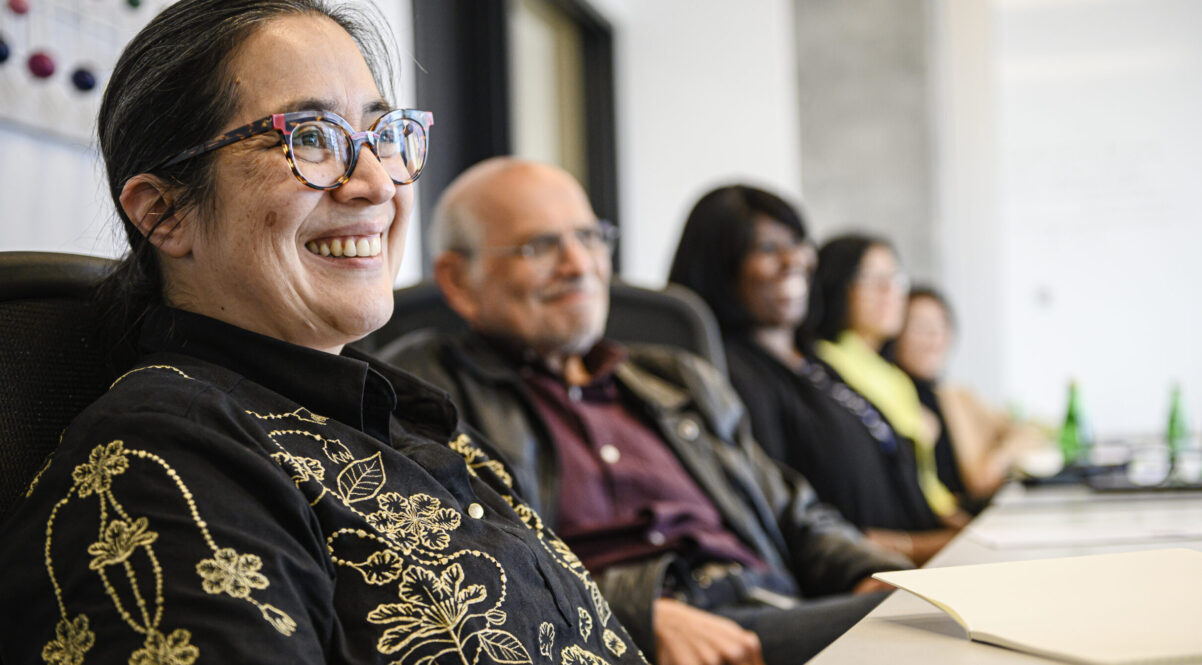
The Atkinson Story
We proudly carry the name of Joseph E. Atkinson, the editor and later the publisher and owner of the Toronto Star from 1899 to 1948. Joseph and his wife Elmina Elliott were principled journalists, activists, civic leaders, and life-long partners in the fight for social and economic justice. They were also faithful philanthropists who established the Atkinson Foundation in 1942 to continue their fight when they no longer could. Watch this video or read our graphic novella to learn more about them.
Meet Atkinson's Board and Staff
We’ve come to Atkinson from the academy, journalism, labour, business, government, health care, and the wider community. What we share is a commitment to the Atkinson Principles and the Foundation’s mission and values. Fay Faraday chairs the Board of Directors. Colette Murphy has been Atkinson’s Chief Executive Officer since 2012. This is our strategy for strengthening movements for decent work and a fair economy.

